If you're considering pursuing a Ph.D. in stem cell biology or development, the following information will help you decide whether this field is right for you. This Ph.D. focuses on addressing important questions in developmental and cell biology, including the regulation of gene expression, human disease, and tissue regeneration. Graduates in this field have the necessary skills to become leaders in their fields, and many find great success in their fields after completing their training.
While completing your graduate degree, you'll be exposed to the latest in genetics, biotechnology, and regenerative medicine. As a student in this doctoral program, you'll conduct research with specialized tools and a large variety of experimental models. A Ph.D. degree in stem cell science and technology will prepare you for a career in biomedical research.
Students in this Ph.D. program can focus on one discipline area based on their scientific interests. While participating in a program at a university or college, you'll be exposed to the full range of curricular and research opportunities. You'll take core courses in cell biology and participate in specialized coursework in single or multiple disciplines. Your thesis will be based on a hypothesis-driven research project. Graduates of this program have the potential to be successful researchers in a range of biotech or pharmaceutical industries.
Ph.D. in Stem Cell Science & Technology Eligibility
Candidates who want to take admission in Ph.D. must have a post-graduate degree in Stem Cell Science & Technology and its relevant discipline with at least 55% marks from a recognized university and must have passed the national level entrance examination or university level entrance examination. National level entrance exams like UGC NET / UGC CSIR NET / GATE / SLET or University entrance exam consisting of written tests and personal interviews.
The Benefits of a Ph.D. in Stem Cell Science and Technology
A Ph.D. in Stem Cell Science and Technology prepares students for careers in the health and life sciences and can be extremely beneficial in the field of regenerative medicine. The program offers the opportunity to study and conduct research on cutting-edge technologies and the inherited basis of complex diseases. Graduates are trained to use these technologies to develop new treatments for patients. The program prepares students to become leaders in their fields.
The Ph.D. program in stem cell biology focuses primarily on embryonic stem cell study. It also includes coursework in molecular pathways of pluripotency, differentiation to tissue-specific stem cells, and cancer stem cells. The course provides training in the application of stem cell technologies in human disease. The curriculum is unique to the University, and the clinical mentor/teacher will be involved in each student's research.
The program is highly specialized in human stem cell study. Students will learn about the basic principles of SCBRM. They will also learn about molecular pathways of pluripotency. During the research, students will study embryonic and adult cancer stem cells. Furthermore, they will learn about the application of stem cell technologies in human disease. The class is taught by a clinical mentor/teacher who is actively involved in stem cell studies.
The Career Opportunities and Job Opportunities of Ph.D. in Stem Cell Science & Regenerative Medicine
The field of regenerative medicine is generating much noise. It includes areas such as stem cell biology, tissue engineering, and biomaterials. If you want a career in regenerative medicine, then a Ph.D. in this field might be right for you. These fields are thriving, and if you are interested in working in them, consider pursuing a career in one of these fields.
You can work in the pharmaceutical industry as a research scientist, in pharmaceutical or biotechnology. The most common career paths for this degree are in pharmaceutical companies and biotechnology companies. Some companies are hiring postdoctoral fellows, who earn US$ 35,000 to 40,000 per year. Other fields where you can find employment include human resources and supply chain management.
To get into this field, you need to have a Ph.D. in biomedical or molecular biology. You should also have extensive experience with basic techniques in the field, including in vivo engraftment, tumor-killing assay, and flow cytometry. In addition to this, you need to be proficient with the techniques of immunostaining and western blot. Moreover, you need to have good communication skills and be motivated to work in a fast-paced environment.
The Future Scope of Ph.D. in Stem Cell Science and Technology
The growing need for quality manpower will make stem cell research a lucrative field in the future. Regenerative medicine is expected to generate $40 billion in sales by 2016, presenting excellent career prospects to post-graduate students. India has emerged as one of the leading biotech nations in Asia and is catching up with Malaysia. The state of Karnataka has long been a major hub for stem cell work.
In the last decade, the field of stem cell biology has made huge strides. This has led to new discoveries, including the development of therapeutic approaches. Today, many engineers are involved in the translation of stem cells. These graduates are often involved in groundbreaking discoveries and are often the leaders of biotechnology and medicine applications. They may work with the cells that are derived from embryonic stems or develop tissue factories.
Those who want a career in stem cell science and technology can pursue a Ph.D. in this field. This exciting field is full of opportunities. The field of stem cell research has the potential to improve modern medicine and treat a wide variety of medical conditions. Among its senior faculty members, Somhrita Pal holds a Ph.D. in plant tissue culture and cell biology. She keeps students updated on recent advances in science and is passionate about biodiversity.
Ph.D. Research Programme duration
The Ph.D. in Stem Cell Science & Technology course is a minimum of 3 years and a maximum of 5 duration. This depends on the university offering the course.
Fees for research program for Stem Cell Science & Technology
The average fee for Ph.D. in Stem Cell Science & Technology degree is between INR 50000 and INR 500000.
 5 Years
5 Years
 PhD
PhD
 Research
Research







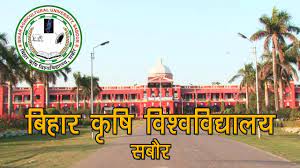
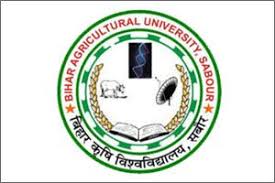
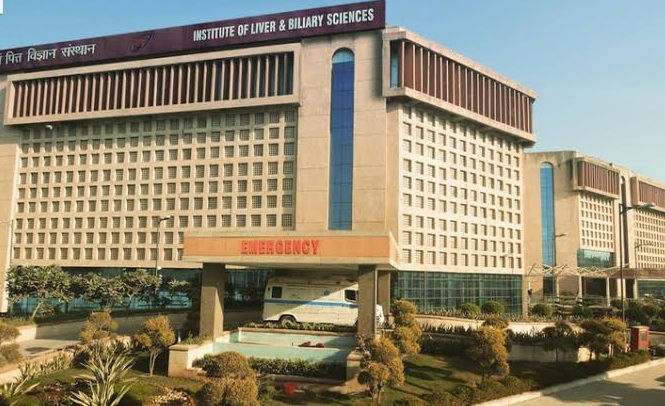

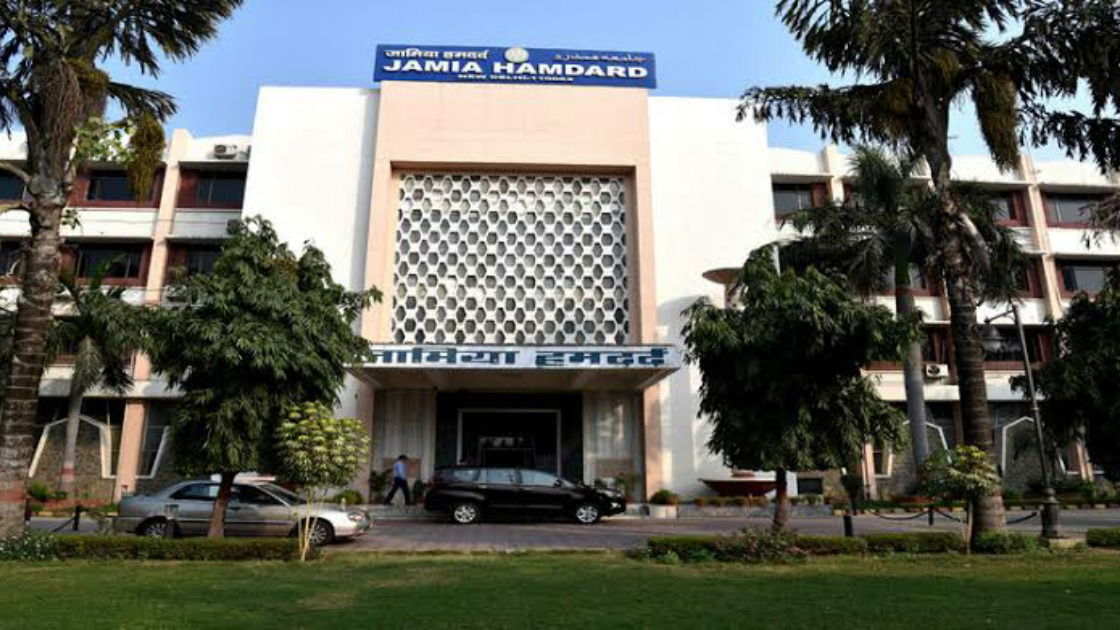

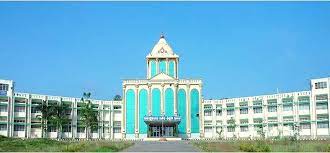
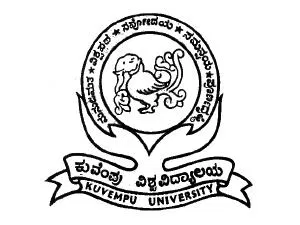
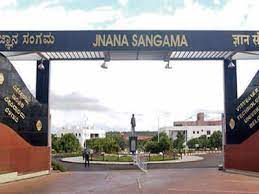
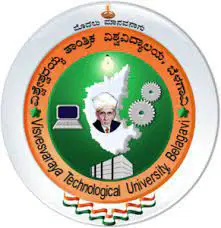

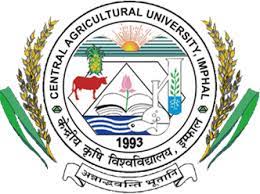
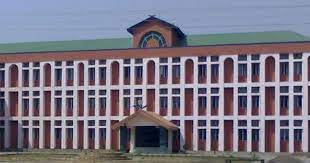
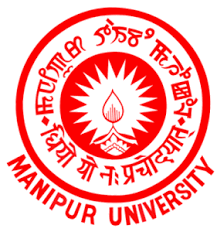
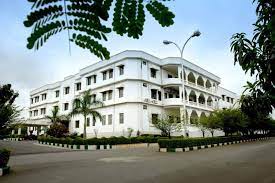
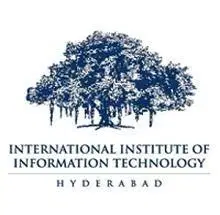
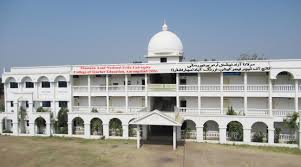
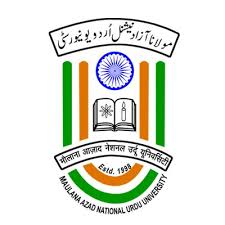
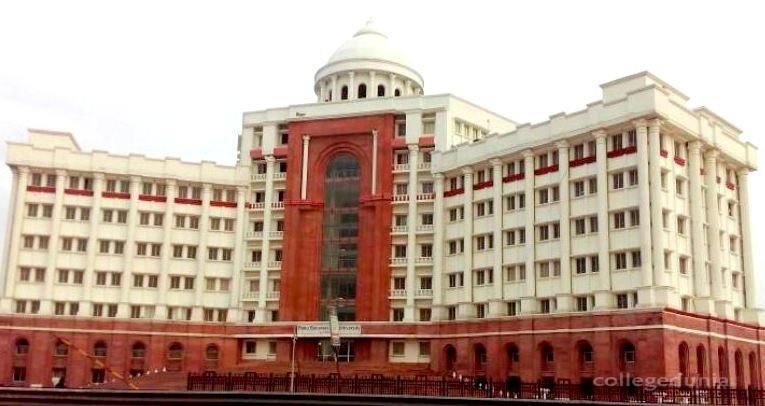
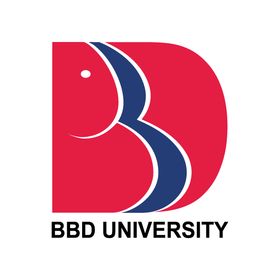
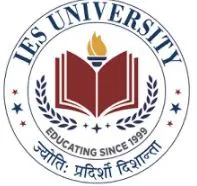
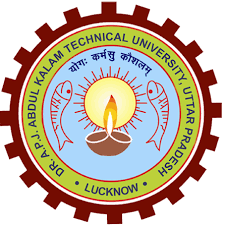
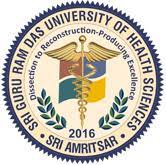

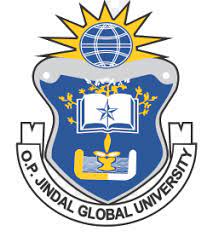

 back
back